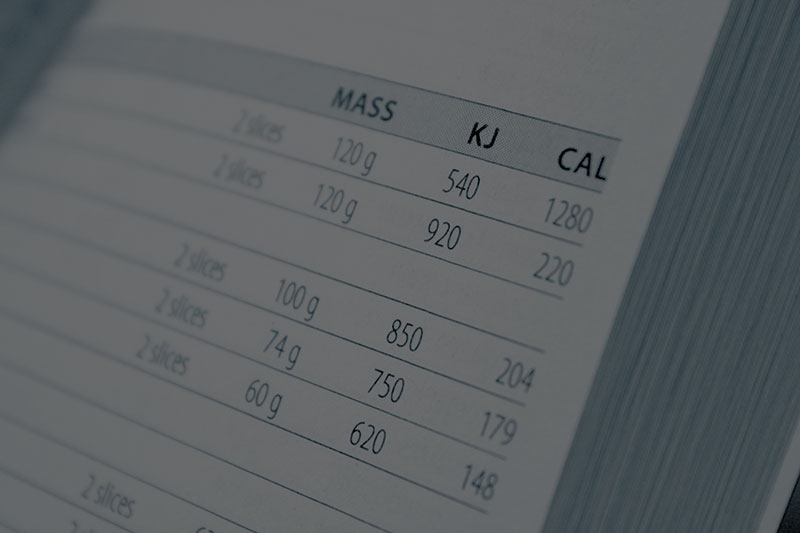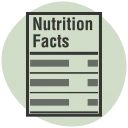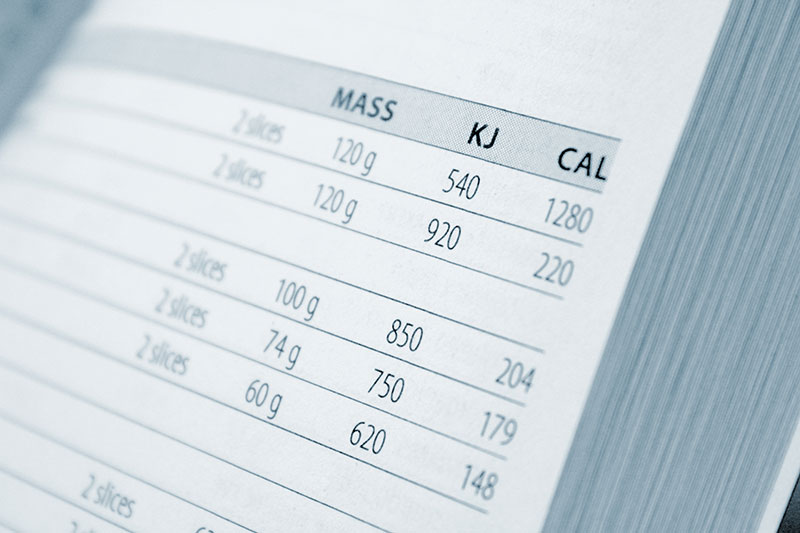
We try to control them. We work hard to burn them. We obsess over them. But what are calories really?
First, let us get something straight: calories are not our enemy. We need calories from different foods and drinks to fuel our bodies, just like a machine needs fuel to give it the energy to run. The trouble starts when we consume too many calories, and/or when we are not getting enough activity to burn the calories we take in. That imbalance is what leads to weight gain.
The average adult body requires roughly 2,000 calories intake a day. Your body weight is a direct reflection of your energy balance. If you consume more calories than your body uses, you will gain weight, and you will lose weight if you consume fewer calories than your body uses. Body weight is not an indicator of nutrient adequacy or the nutritional quality of a diet.
The number of calories contained in a meal indicates a meal’s potential energy. These calories are made up of components such as saturated fat, trans fat, cholesterol, sodium, carbohydrates, sugar, protein, and vitamins. The nutrition label displays the calories found in a food item.
For those watching their calorie intake, it is important to understand that not all calories are created equally. Some people believe that by simply eating fewer calories, they are making a healthier choice, but that is not necessarily true. Why? Because a healthy bowl of kale and quinoa can have a lot of calories made up of vitamins and good fat. To illustrate this point, take a look at the ingredients and nutritional value of two meals with a similar number of total calories:
Kale & Quinoa Salad510 Calories
- 1 pitted avocado
- 1 cup of raw kale
- 0.25 cup of boiled chickpeas
- 0.50 cup of raw, peeled cucumber
- 1.00 cup of cooked quinoa
- 0.50 cup of raw, orange tomatoes
- 1.00 tsp of olive oil
- 1.00 tsp of balsamic vinegar
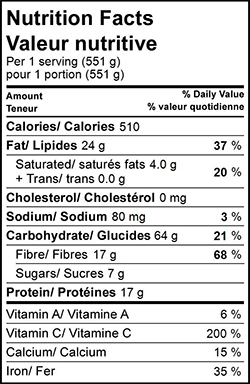
Old Fashion Hamburger590 Calories
- 1 beef patty
- 1 sesame bun
- Veggie toppings
- Condiments
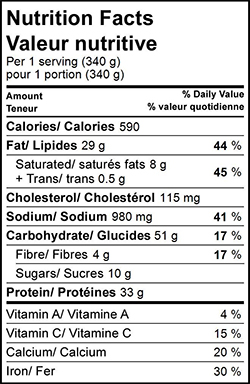
Given the information provided, which meal would you choose to eat? When we break these recipes down (labels courtesy of menusano.com) we can see each meals’ nutritional value. The nutritional breakdown clearly illustrates which recipe, in fact, is healthier and offers the most nutritional value.
The 510 calorie kale salad has a higher value of vitamins and fibre, contains significant amounts of vitamin C, and has a very low sodium level. At 590 calories, the burger has fewer nutrients, is lower in fibre and higher levels of saturated fat and sodium.
When counting calories, it is important to consider looking beyond the numbers to consider the nutrients that make up those calories. This information is what will help you ultimately decide what is the healthy food choice and what isn’t. Tools like MenuSano help uncover this information for consumers, by providing restaurants with a tool to easily and quickly develop a comprehensive nutritional analysis for their recipes. Calories alone don’t tell the whole story behind the nutritional value of a dish.

